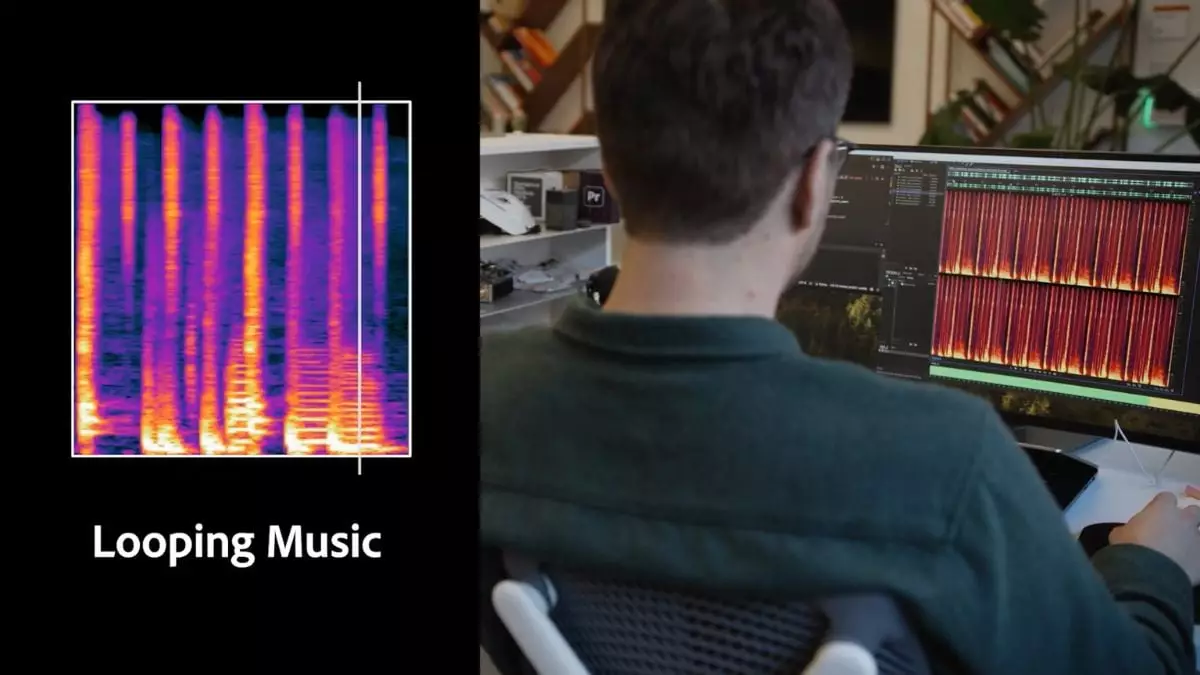In a bold move towards revolutionizing the music industry, Adobe has introduced a groundbreaking experimental artificial intelligence (AI) tool known as Project Music GenAI Control. This innovative tool not only generates music from simple text prompts but also offers users unprecedented control over their music compositions.
One of the most exciting aspects of Project Music GenAI Control is the pixel-level control it provides to users. This feature allows musicians to fine-tune their compositions by editing, lengthening, shortening, remixing, and creating loops with ease. The tool offers a plethora of editing options that enable granular control over the generated music clip, empowering musicians to craft unique and personalized pieces.
Seamless Music Creation and Editing Interface
The music creation and editing interface of Project Music GenAI Control function similarly to other AI tools. Users are presented with a text field where they can input simple text prompts such as “happy rock song,” “intense hip hop beats,” or “sad jazz.” Upon submitting the input, the AI generates a music clip based on the provided request, devoid of any vocal elements and comprised solely of musical instruments.
Beyond music generation, Project Music GenAI Control offers users a suite of advanced editing tools to modify the composition’s sound. These tools allow users to adjust the intensity, structure, tempo, and more at any point in the clip. Additionally, users can personalize the composition by lengthening it, adding new sequences, remixing sections, or transforming it into a repeating loop. A standout feature of the AI music generator is its ability to alter the audio using a reference melody, enabling users to change the style and genre of the music with ease.
According to Adobe, the extensive control provided by Project Music GenAI Control makes it versatile for various applications such as video intros, podcasts, song creation, and music production. The tool’s flexibility and adaptability position it as a valuable resource for musicians looking to explore new horizons in music composition.
Addressing concerns around data privacy, Adobe reassures users that only publicly available data was used to train the AI model behind Project Music GenAI Control. However, the company has not disclosed specific details regarding the architecture of the foundational model or the interface, leaving some aspects of the technology shrouded in mystery.
While Adobe’s Project Music GenAI Control stands out as a pioneering advancement in AI music generation, it is essential to note that other major players are also exploring this space. Google has developed its own AI music generator, MusicLM, which is currently under development. Additionally, Meta offers AudioCraft, an open-source AI model for music generation available on GitHub, further expanding the landscape of AI-driven music composition tools.
With the introduction of Project Music GenAI Control, Adobe is set to disrupt the music industry landscape by empowering musicians with unprecedented creative control and innovative editing capabilities. As the technological frontier of music creation continues to expand, AI-driven tools like Adobe’s Project Music GenAI Control pave the way for a new era of musical expression and experimentation.


Leave a Reply